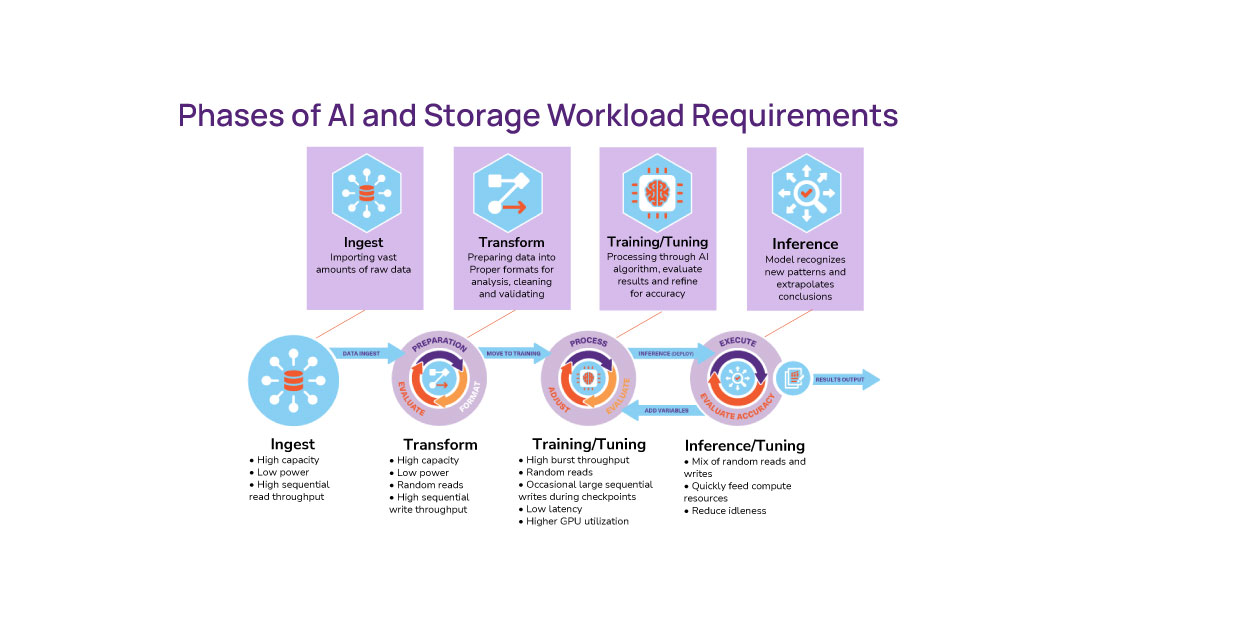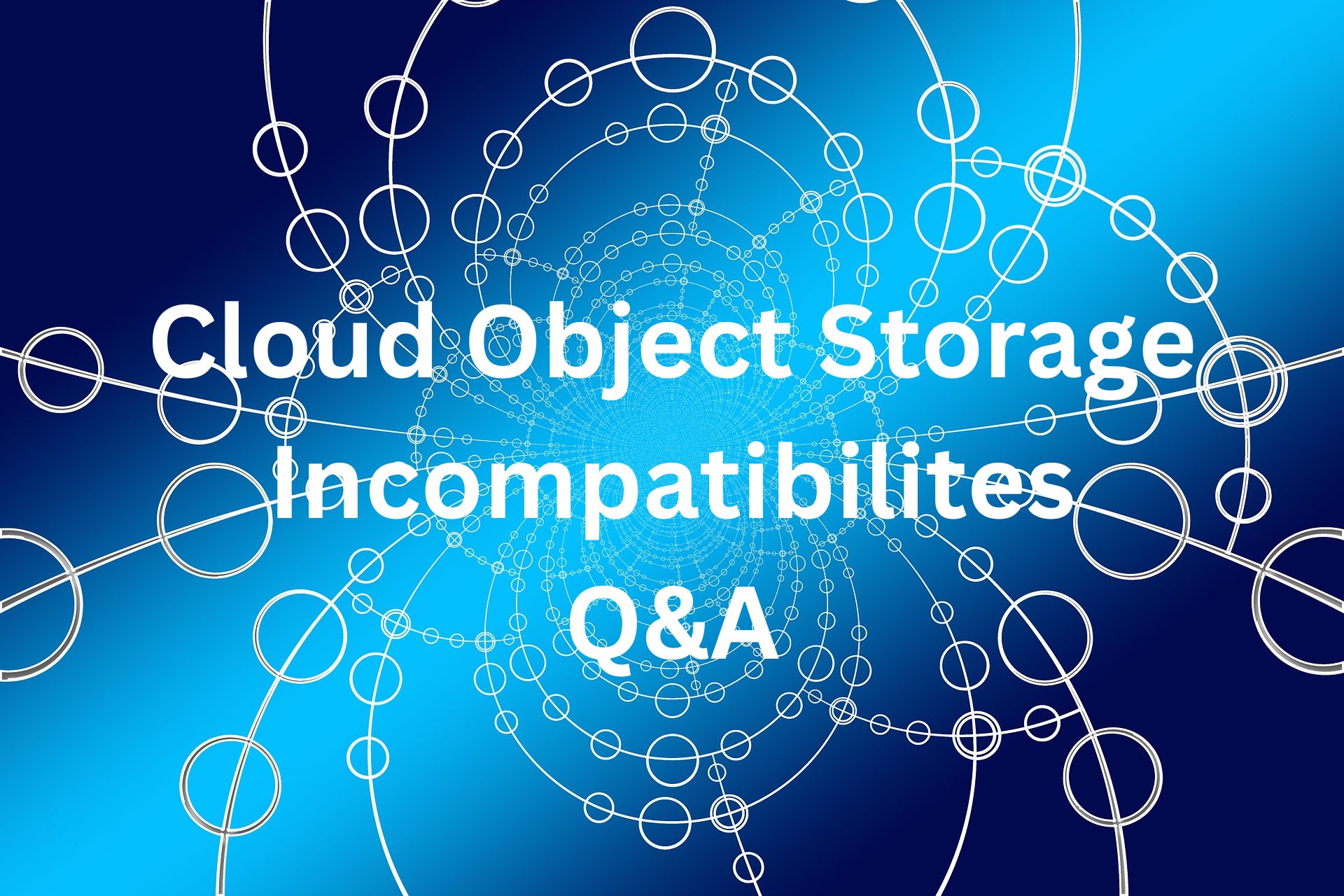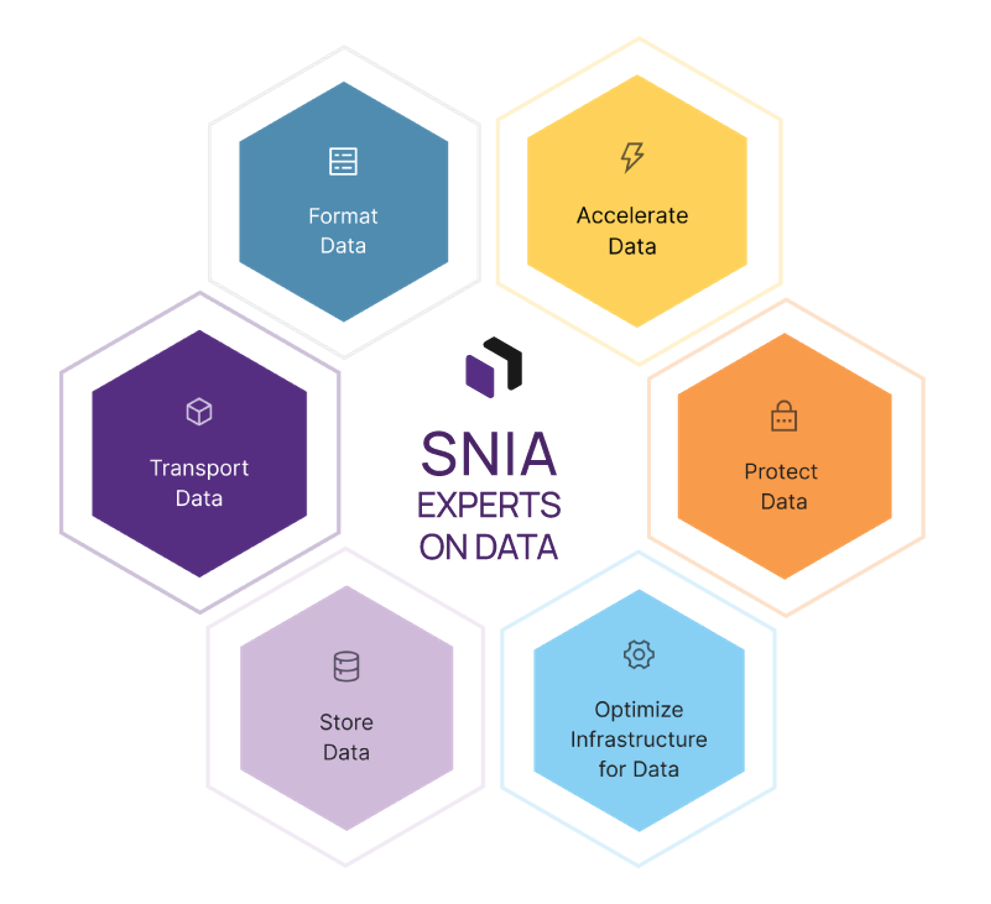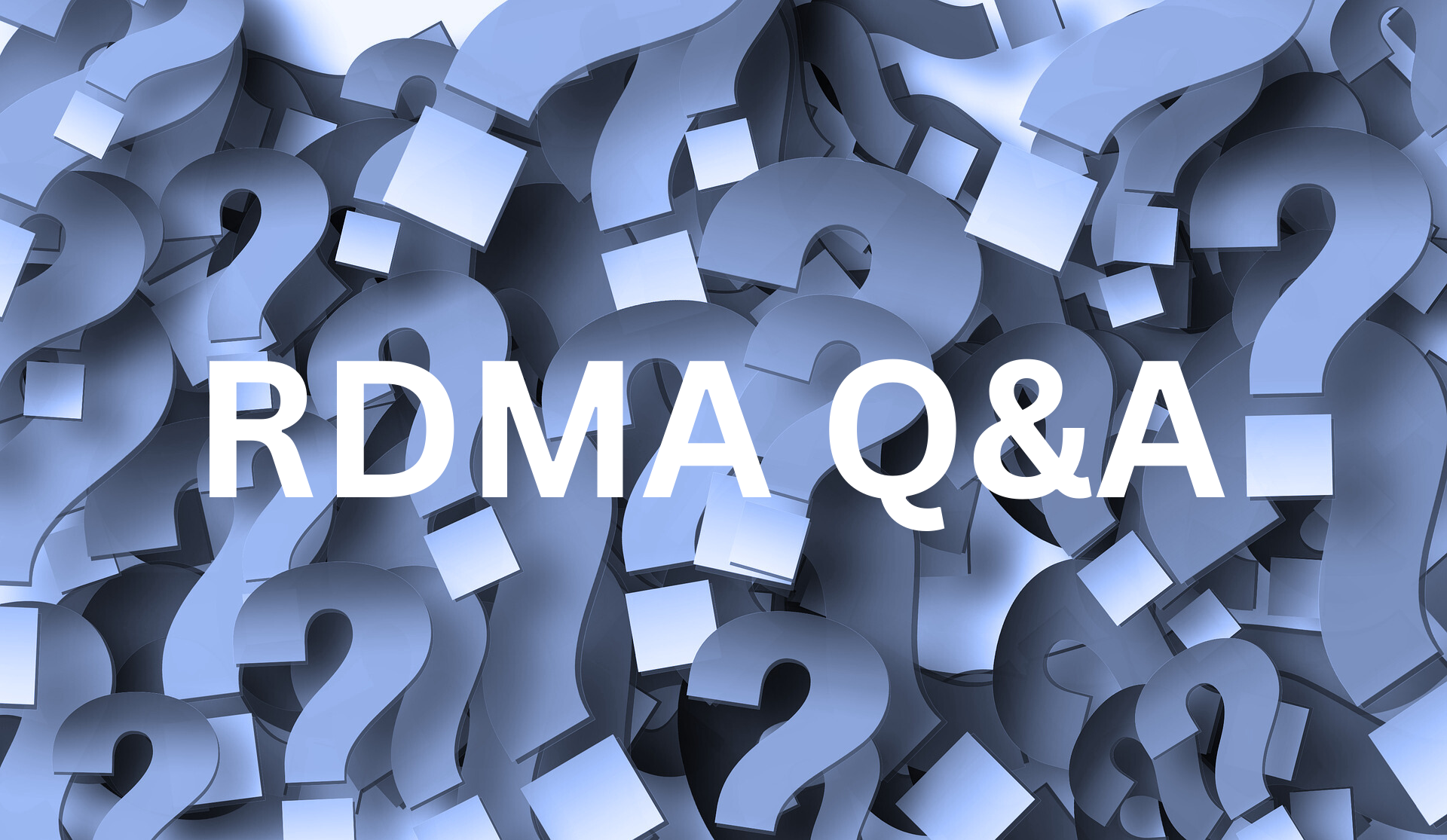At our recent live Webcast "Benefits of RDMA in Accelerating Ethernet Storage Connectivity" experts from Emulex, Intel and Microsoft had an insightful discussion on the ways RDMA is having an impact on Ethernet storage. The live event was attended by nearly 200 people and feedback was overwhelming positive with several attendees thanking us for our vendor neutral presentation and one attendee commenting that it was, "Probably the most clearly comprehensible yet comprehensive webinar I've attended in some time." If you missed the Webcast, it's now available on demand. We did not have time to get to everyone's questions, so as promised, below are answers to all of them. If you have additional questions, please ask them in the comments section in this blog and we'll get back to you as soon as possible.
Q. Is RDMA over RoCEv2 in production?
A. The IBTA released the RoCEv2 Specification in September 2014. In order to support that specification changes may be required across the RDMA stack, including firmware, drivers & operating systems. Schedules for implementation of that specification will vary by operating system. For example, the OpenFabrics Alliance (OFA) has not released an Open Fabrics Enterprise Distribution (OFED) version that implements that standard yet, although it is in process now. Once OFA completes their OFED stack implementation, the Linux distribution vendors will then incorporate and support the updated OFED stack. Implementations provided prior to full OFA and Distro vendor support would be preliminary, potentially incompatible with the OFED release, and require confirmation by the distro vendor with regard to the nature/level of support they would be providing
Q. I would have liked a list of Windows applications that take advantage of SMB Direct - both in a Hyper-V host or bare metal.
A. In Windows, any file-based application can make use of SMB3 and SMB Direct due to the native file-based programming interface support. No application changes are required. For certain enterprise applications such as Hyper-V and SQL Server, SMB3 is officially supported, and more information can be found in the product catalog at www.microsoft.com.
Q. Are there any particular benefits in using one network protocol over another for SMB Direct/RDMA (iWARP vs. RoCE vs. IB)?
A. There are no hard and fast rules; any adapter or protocol can be suitable for many scenarios. Of the Ethernet-based protocols we considered in today's webcast
- iWARP offers the benefit of operation over TCP with its reliability and routability, well-suited to a broad range of installed infrastructure.
- RoCE offers a lightweight, efficient protocol when a DCB-enabled switched fabric is available. RoCE, however, is not routable.
- RoCEv2 offers similar properties to RoCE, with the possibility to scale to larger routed and DCB-enabled fabrics.















Leave a Reply